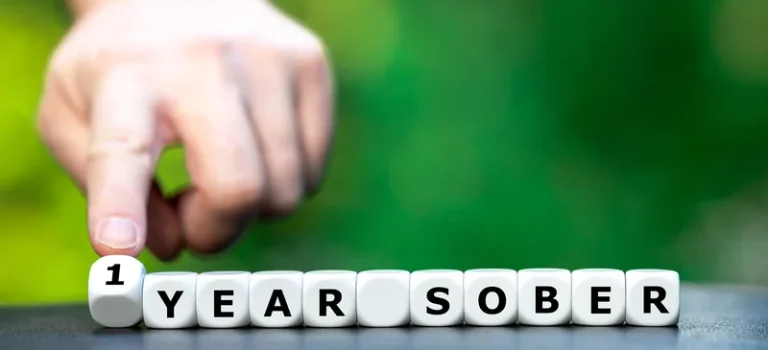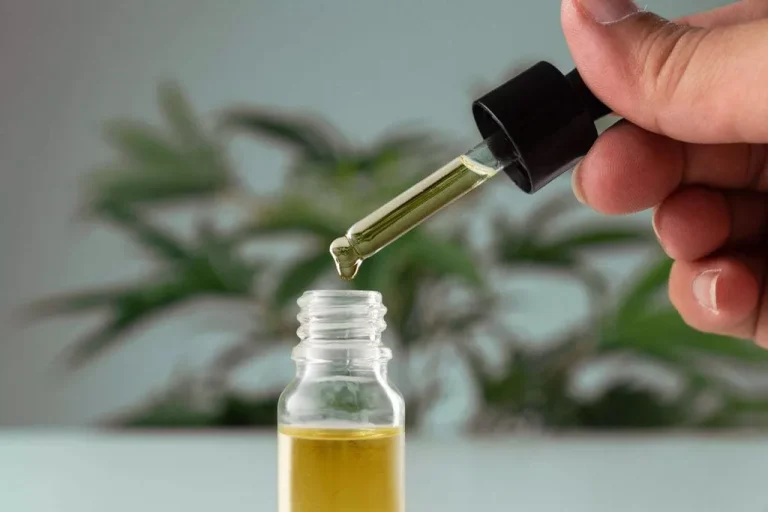
They may feel that certain individuals cannot understand their situation or are judgmental. Staying actively involved in support groups can help combat the loneliness in sobriety by interacting with others who are facing similar challenges. All too often, people working towards sobriety find themselves working hard to fight off heavy feelings of loneliness. While everyone’s journey and struggle is unique, loneliness is a uniting factor most people in recovery can share.
How to Cope With Loneliness in Recovery
Focus on finding healthy ways to spend time rather than fixating on feelings of loneliness. You might consider helping other through volunteering or by adopting a pet–or even a house plant. Caring for a home, a garden, animals, or other people can add purpose and small joys to your life. If you would like more https://ecosoberhouse.com/ support in recovery, our facility offers aftercare support for individuals who have completed a drug or alcohol addiction treatment program. We can offer you further guidance so you can not only remain sober but also enjoy your sobriety. Battling drug or alcohol addiction is a lengthy and difficult process.
- These negative social experiences can have long-lasting effects, further perpetuating feelings of solitude and being undeserving of the attention or care of others.
- One early study discussed the necessity of psychological intervention and mental health care during disasters of all kinds, and COVID-19 was no exception.
- One of the best ways to prevent isolation during recovery is to stay active and healthy.
- These behaviors, in turn, lead to further social disconnection, reinforcing the feelings of loneliness.
- Morgan is a mental health counselor who works alongside individuals of all backgrounds struggling with eating disorders.
- Not only do you have to deal with gut-wrenching alcohol cravings when you quit drinking, but there’s also the crushing loneliness.
Practice mindfulness

Reach out, connect, and take charge of your recovery, one day at a time. Taking small, positive steps goes a long way loneliness in sobriety toward building social and community connections. The more you put yourself out there, the less alone you’ll feel.

Addiction Destroys Dreams, We Can Help
- Loneliness exacerbates these emotional states, thus making your recovery more difficult and increasing the risk of relapse.
- Being alone without a community can cause suffering, sadness, silence, and pain.
- Involve your friends and family, stay active and healthy, learn something new, and take advantage of the support systems available to you.
- Conversely, being part of a tight-knit community offers encouragement and reinforcement.
This is a vicious cycle, with SUD fueling loneliness and loneliness continuing to fuel SUD. With how pervasive the internet and social media are, it can be easy to assume that we’re more connected than ever before. These tools can make you feel like you have the world at your fingertips; after all, we can get answers to questions in mere seconds as we connect with people the world over. The web is purported to make finding new communities easy, as people are able to gain access to relationships with a number of people they’ve never met. Finding ways to volunteer your time and resources will promote a sense of purpose and connection.

Factors such as feelings of worthlessness, guilt, mental distress, and poor coping mechanisms can all play a role in this. The chaotic world you became comfortable with has been stripped away. The substances you used to numb your mind and emotions have left your system. Now you must find a new way, and that can be a scary, lonely process. Lacking the skills to regulate their emotions effectively, adolescents who experience loneliness may respond to stress by withdrawing or engaging in conflict with others. While loneliness can strike at any age, adolescence appears to be a particularly vulnerable time.
Embracing Harm Reduction in Opioid Addiction Treatment
There’s also a difference between being alone and chronically lonely. When you’re alone, it can be an active choice to be in solitude. You enjoy deep, fulfilling connections with others while having intentional time away on your own. You may again seek out the people and situations that support your alcohol use. Some people who move from a controlled and protective setting find themselves awash in the environmental cues that lead to their drinking.

Loneliness in Recovery
The journey of recovery requires leaving the world of substance use behind, including any relationships that may hinder your progress. If you’ve damaged your previous relationships, it can take significant work to gain those back. Fortunately, there are ways that you can deal with loneliness while you’re working on recovery. Given the profound, long-term impact of chronic loneliness on mental health and well-being, the authors argue that it is essential to intervene early and holistically. The authors emphasize the importance of strategies to target the root causes.
Talk to your therapist, other healthcare provider, or sponsor about how to deal with your anger in ways that won’t cause you to harm yourself or others or turn to alcohol or drugs. A therapist can help you learn new coping skills, develop new thinking patterns, and address any co-occurring mental health conditions that may make recovery more difficult. Practice means taking action every day to move closer to your goals.
Fountain Hills Recovery is here to help.
Sobriety is lonely for many reasons, and a wonderful way to combat this loneliness is to identify what exactly is making you feel this way. For instance, when was the last time you spent time together with a friend or family member? Do you have anyone you feel comfortable talking to about personal struggles? Asking yourself these questions can help you identify ways to target your loneliness and change your lifestyle.
What are the Benefits of Maintaining Lifelong Sobriety?
This loneliness can damage your path to sobriety by driving you back to the SUD. No matter what recovery community you join, it’s important that you attend some kind of meeting or group aimed at helping you stay on the road to recovery. Attending regular meetings gives you a place to be social, allows you to connect with others, and helps you build new relationships with people who share the same goals as you. This is crucial, as these people know what you’re going through because they’re going through it, too. You can relate to each other’s stories, and you can work through the toughest parts together.